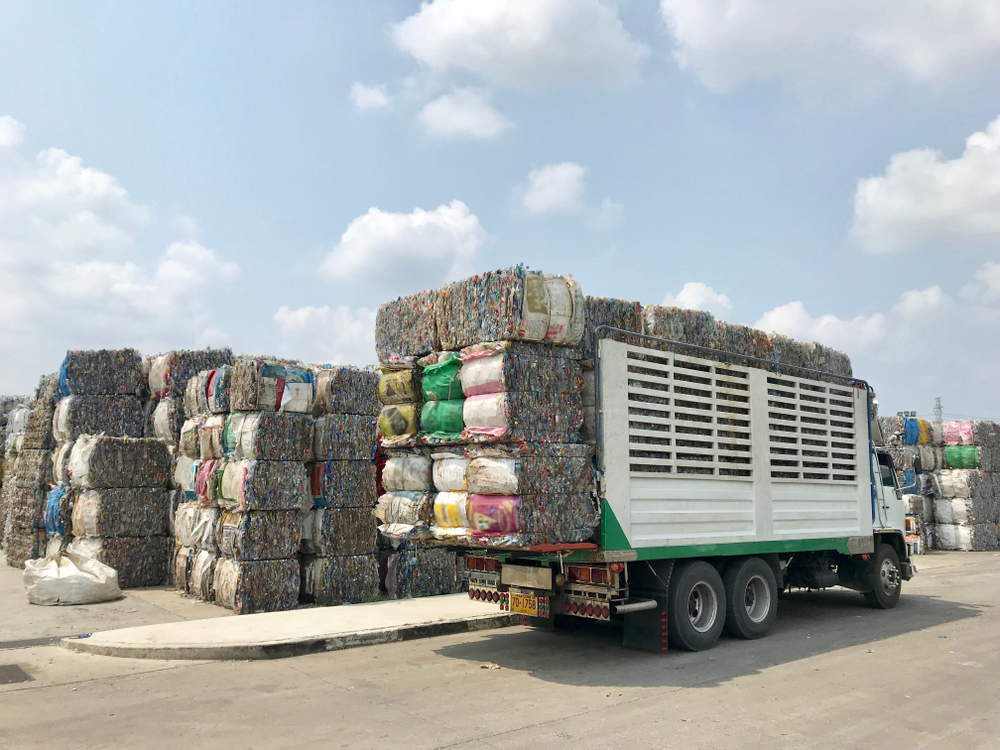The European Union took an important step toward reducing plastic pollution by agreeing to stop exporting waste plastic to non-OECD countries. This landmark decision, which is still awaiting formal approval, demonstrates a commitment to responsible trash management and environmental protection.
1Pernille Weiss, a leading figure behind the proposal, emphasized the EU’s stance: “The EU will finally assume responsibility for its plastic waste by banning its export to non-OECD countries.” The emphasis remains on treating garbage as a useful resource while protecting the environment and human health.
A transition to sustainable waste management
Recognizing the urgent need for change, the agreed-upon standards call for tougher limits on plastic trash exports to wealthy nations and a complete ban on shipments to non-OECD countries. The rule also includes a clause that allows countries that demonstrate responsible waste management to request that the restriction be lifted after five years.
While this is an important step forward, there are still concerns regarding the destiny of exported plastic garbage. According to Lauren Weir of the Environmental Investigation Agency, “the evidence of harms and the necessity for a full plastic waste ban are clear.” It represents a watershed moment for the EU, but it also emphasizes the EU’s continued responsibility to confront the global plastic pollution crisis comprehensively.
Identifying and addressing gaps and future concerns
Despite the restriction, certain non-plastic garbage may still be transferred to non-OECD nations if certain social and environmental conditions are met. However, there are fears that this order may increase garbage transfers to OECD nations such as Turkey.
Sedat Gündoğdu, a microplastics researcher at Çukurova University, voiced dissatisfaction with the lack of a comprehensive restriction on the shipment of plastic garbage to Turkey. “Partial bans and ineffective content controls do not prevent the illegal circulation of plastic waste,” Gündoğdu pointed out, emphasizing the necessity for more comprehensive steps to adequately address the issue.
The European Union’s decision to limit plastic trash exports marks a watershed moment in the global campaign against plastic pollution. As the globe grapples with the environmental problem, this audacious move emphasizes the need for collective action and new solutions to ensure a sustainable future for future generations.
By accepting responsibility for its plastic waste, the EU sets a good example for other countries, encouraging a transition toward responsible waste management and nurturing a healthier planet for everybody.











